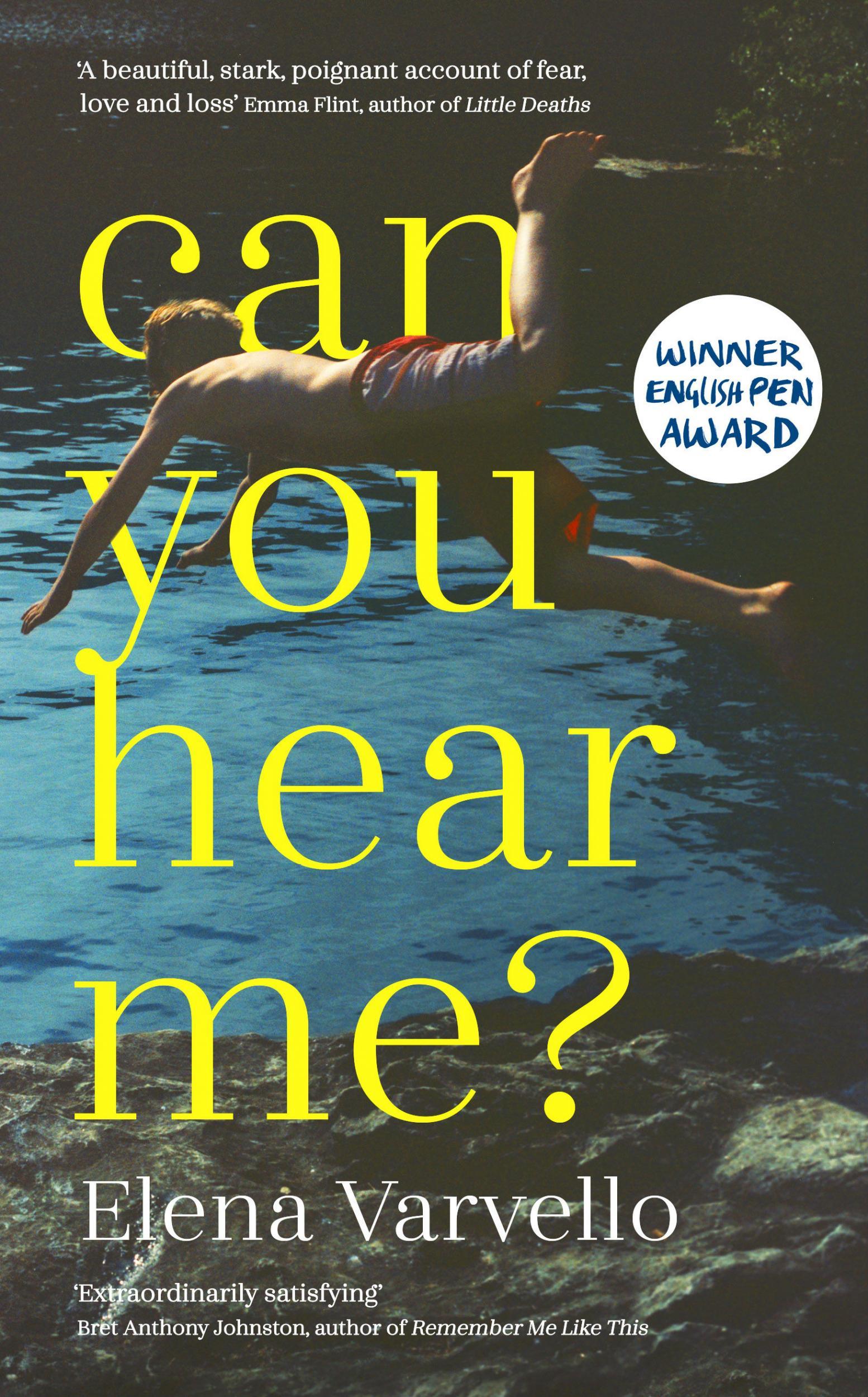Can You Hear Me? by Elena Varvello, book review: It maintains a sense of tension and dread throughout
'Can You Hear Me?' is the first of Italian Varvello’s novels to be translated into English

Move over Ferrante, there’s a new Elena in town – Elena Varvello, a poet, short-story writer and novelist whose work has won her critical acclaim in her native Italy, including a nomination for the Premio Strega, the Italian equivalent of the Man Booker Prize.
Can You Hear Me? is the first of Varvello’s novels to be translated into English – elegantly so by Alex Valente, no easy task since the story episodically flits between two narrative strands, and splices memories of the recent past in with sections set in the present. It’s as if, as one character puts it, “time has all bunched up like a bedsheet”.
Set in 1978 in Ponte, a small town in northern Italy, 16-year-old Elia Furenti, poised on the cusp of manhood, finds himself attracted to his new friend Stefano’s mother Anna. At 38, she’s left her husband and brought her son back to the town she grew up in. An air of melancholic mystery surrounds Anna; for reasons as yet unexplained, Elia’s mother is wary of her son spending too much time at his friend’s house.
But then again everyone seems to be hiding something in this novel – “Everything’s out of place. Everything’s messed up,” Elia’s mother tells her son – most of all Elia’s own father, who, since having lost his job, has tumbled into a dark and paranoia-filled depression. He buys a van he doesn’t need, makes a makeshift bed in the back of it and spends his days driving about the local countryside, returning home with no explanation of what he’s been doing or where he’s been. Since we’re told in the very first line of the book that he “took a girl into the woods”, reading the novel is less a case of waiting on tenterhooks to find out if something terrible is going to happen, and more an exercise in making sense of why and how.
Varvello maintains a sense of tension and dread throughout though, all cleverly focused on Elia’s slow comprehension of the situation he finds himself in. The novel is something akin to noir, but the emphasis in on the psychological. Elia is haunted by what he imagines took place between his father and the girl – “The image of her showing up in my dreams became like a rip I couldn’t sew back together.” At the very moment he’s becoming a man, his father is falling apart in front of him, both the reality and the myth crumbling to ash. It made me think of the opening of Ian McEwan’s The Cement Garden with the symbolism of the teenage narrator masturbating in the family bathroom at the precise moment his father drops dead of a heart attack in the garden outside.
Like all the best coming-of-age stories, at its heart Can You Hear Me? is about understanding the limits of one’s own knowledge. “At a certain point,” Anna tells Elia, “it’s more the things you don’t know than the ones you thought you knew. In the end, you realise you knew nothing at all.”
Can You Hear Me? by Elena Varvello, translated by Alex Valente, Two Roads, £14.99
Subscribe to Independent Premium to bookmark this article
Want to bookmark your favourite articles and stories to read or reference later? Start your Independent Premium subscription today.

Join our commenting forum
Join thought-provoking conversations, follow other Independent readers and see their replies